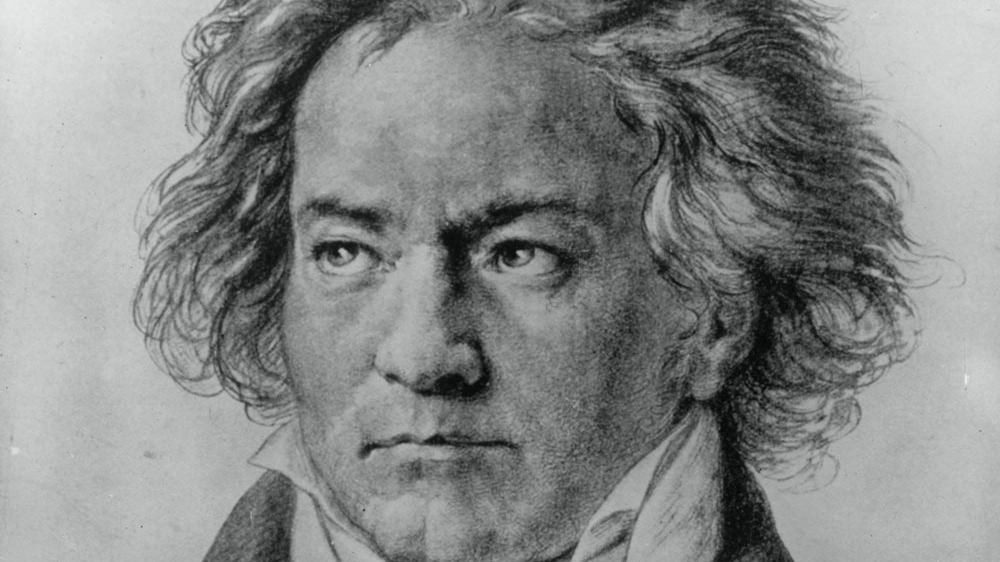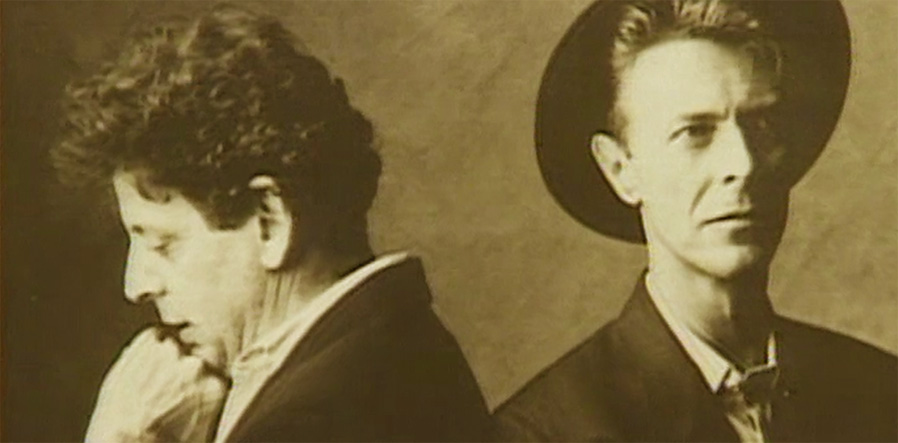Alisa Weilerstein’s New Recording: Rachmaninov and Chopin
I’ve been listening to a spectacular new recording released last October by cellist Alisa Weilerstein and pianist Inon Barnatan. The disc features two monumental works: Rachmaninov’s heroic Cello Sonata in G minor, Op. 19 and Chopin’s stormy and unrelentingly virtuosic Cello Sonata in G minor, Op. 65. A few shorter works round out the CD: Vocalise, Rachmaninov’s famous song without words, and Chopin’s Étude, Op. 25, No. 7 and Polonaise Brillante, Op. 3. Although Weilerstein and Barnatan have been performing …







